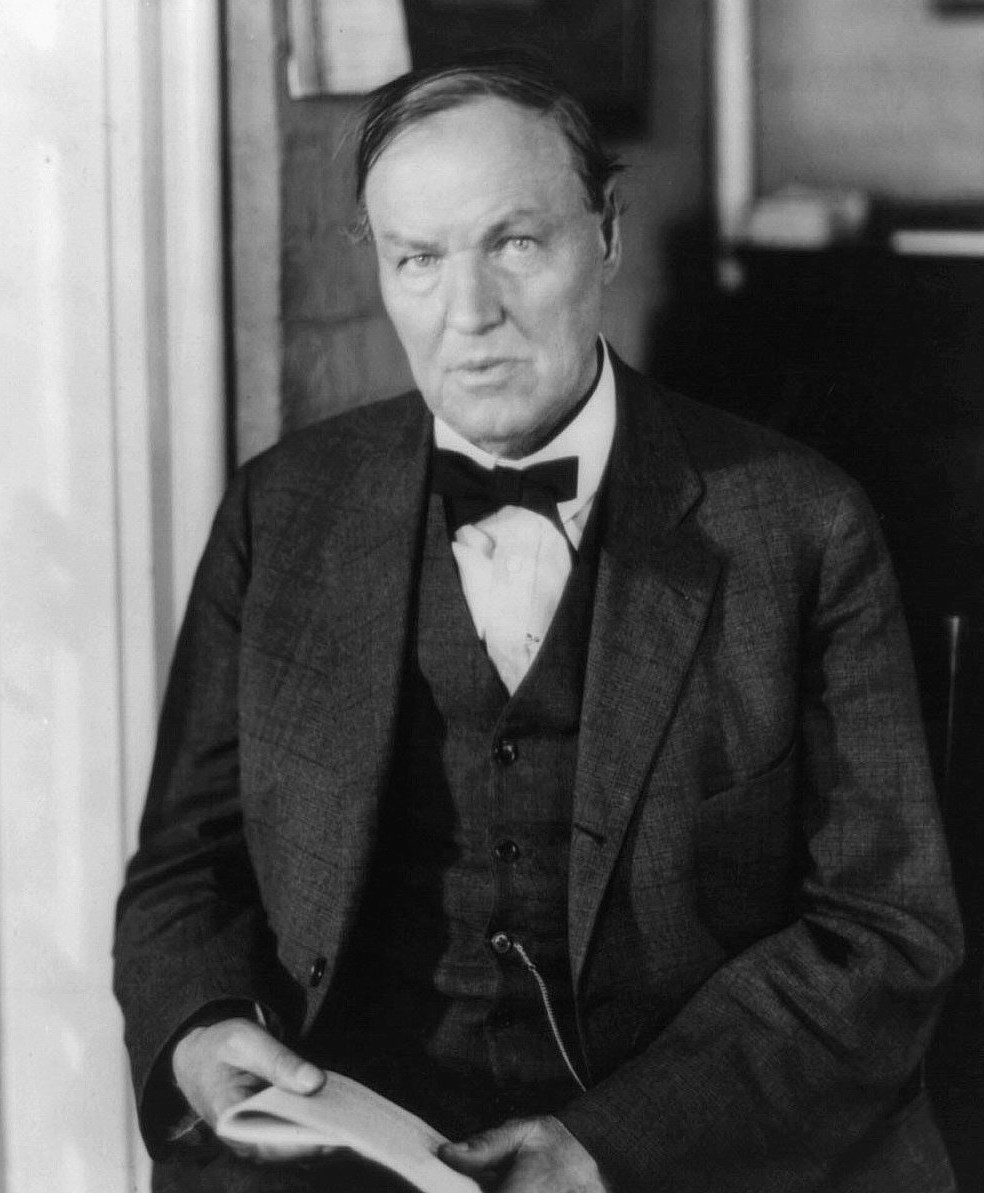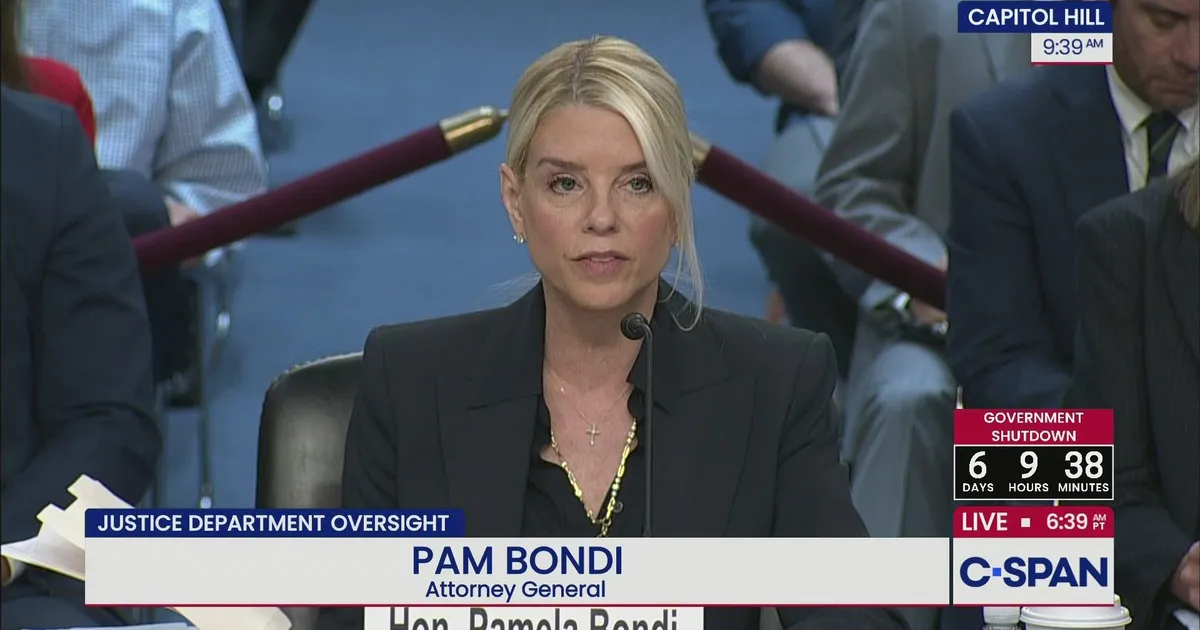Coming off an incredible week of outrage over the $165+ million A.I.G. bonuses, the question that many in the media and Washington continue to focus on is this: How do we get what we need from these people without giving them too much, but giving them enough to do what we need to get done?

But there’s a more important, longer term issue at stake: Trust.
In the same way that the market, banks, and investors need to trust that the government won’t come back and tax them for behavior they don’t like, Americans need to be able to trust many of the people on Wall Street responsible for the financial crisis to begin with.
Being trustworthy requires more than just telling the truth; it means being forthcoming and candid about all aspects of an issue. People who are trustworthy don’t fall back on legal slight-of-hand to justify their actions. And after decades of greedy self-interest by many on Wall Street, that is a considerable mountain to overcome.
For the climb to be successful, Americans and Wall Street need to recognize a few things:
First, Americans, as well as Congress, need to recognize the difference between short-term action driven by anger and the longer-term solutions that seek to fix the problems that would benefit the most.
Second, Wall Street needs to recognize that the gravy-train of the ‘80s and ‘90s is over. What’s needed most from executives is a realistic and profound understanding of the bigger, stakeholder picture. Long-term, it’s not about A.I.G., Citibank, Bank of America, etc.; it’s about ALL institutions that support the financial substructure of America that’s at stake; and that operating from a position of self-interest is no longer tolerable.
Third, anger may be an appropriate motivator, but at the end of the day it will be rational responsibility that fixes this mess.
So, here’s my proposal for both the short-term and long-term.
Short-Term: Treasury Secretary Geithner and President Obama should meet with all key executives at those corporations that have received or will receive taxpayer money.
In the same way Mr. Obama went on The Tonight Show to explain the financial mess to the American people, he should use those same skills to communicate the new reality to these executives. Mr. Obama and Mr. Geithner should make clear that millions of Americans have sacrificed and are continuingto sacrifice by way of reduced pay, benefits, loss of jobs, as well as lost homes; and that if those executives wish to receive taxpayer funded, financial support they need to recognize that they have a duty to share in that sacrifice.
Long-Term: Trust between both sides – Wall Street and Main Street – should be the long-term goal. But that trust can only be achieved through positive, demonstrative action, not talk.
Congress and Americans need to dial-back the pitch-fork rhetoric and give both Washington and Wall Street a chance to fix the problem. (And yes, I realize this is a monumental step considering recent events.)
For their part, Washington and Wall Street must recognize that this is an opportunity that will require discipline, responsibility and competency, as well as a fundamental change in how business is conducted.
Political and corporate leadership need to understand that trust must be earned through results; the kind that demonstrates self-restraint and putting the needs of the country’s financial well-being ahead of their own benefits.
One way to rebuild trust is by implementing the following:
1. Adopt Fully Accountable, Ethical Standards – Now, more than ever, all corporate Boards receiving bailout funds need to adopt firm, ethical standards; standards that should be treated as GROUND RULES for all decision-making. And corporate Boards should be required to be rigorous in taking action against ALL wrong-doing from the top down.
2. Complete Oversight – “Trust but verify.” Ronald Reagan said it and it’s necessary now more than ever. With the American people as principal stakeholders, Treasury and/or Congress need to actively oversee activities at all troubled financial institutions receiving taxpayer money.
3. Total Transparency – Americans are no longer willing to go along with “business as usual.” They expect to know exactly how that business is conducted and for whose benefit. Economic benchmarks need to be set forth by appropriate government officials to corporations receiving funds, and the CEO of each corporation needs to give a public report to Americans as to what has been accomplished or not accomplished and the necessary next steps.
4. Ethics Training – ALL corporate leadership should be required to participate in on-going ethics training.
If we’re ever going to bring about truly positive change in our culture; if we’re ever to restore trust, we need ethics – now more than ever!
Comments











